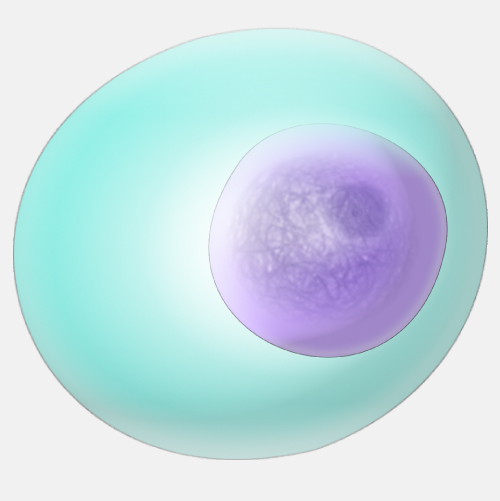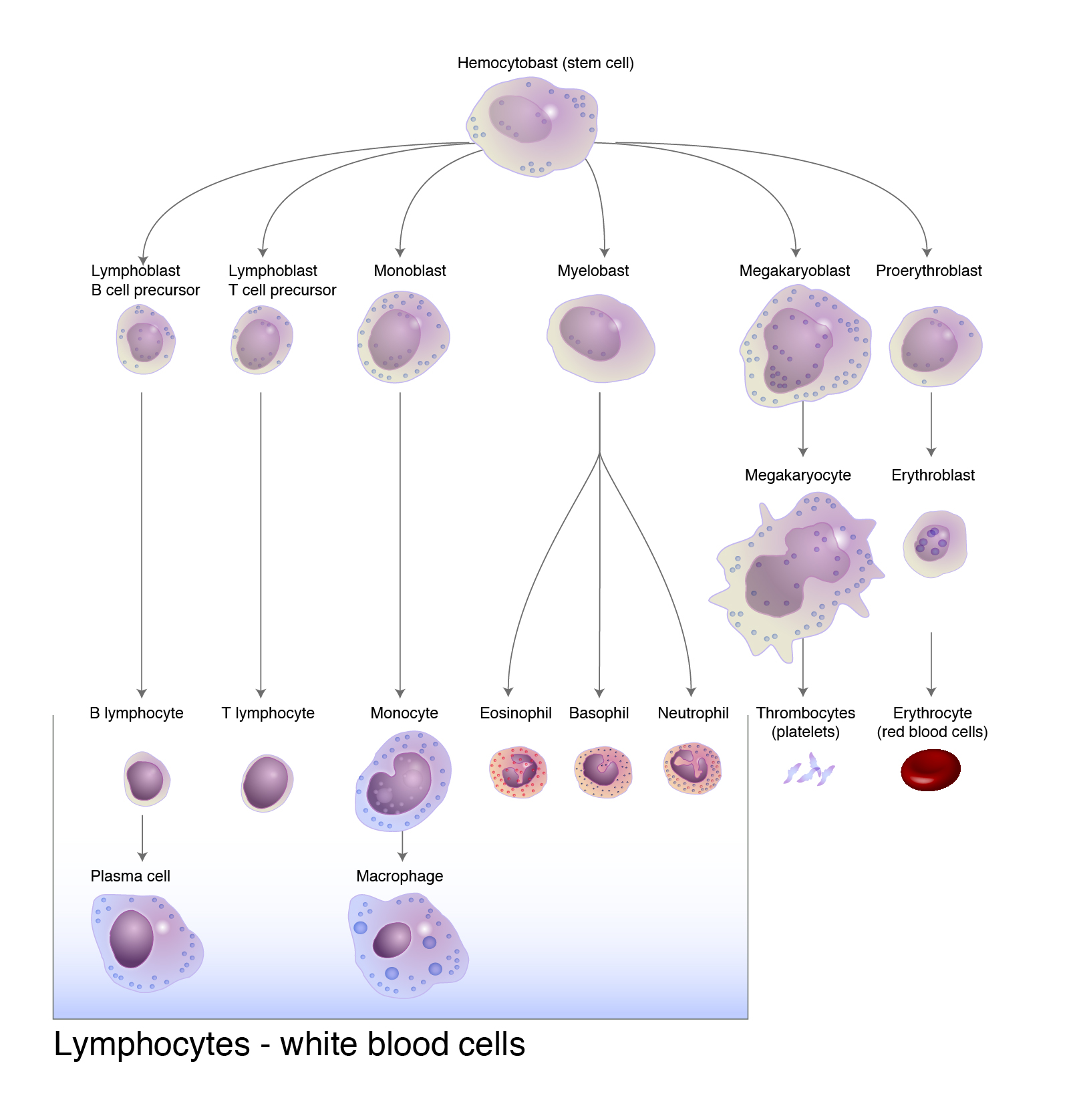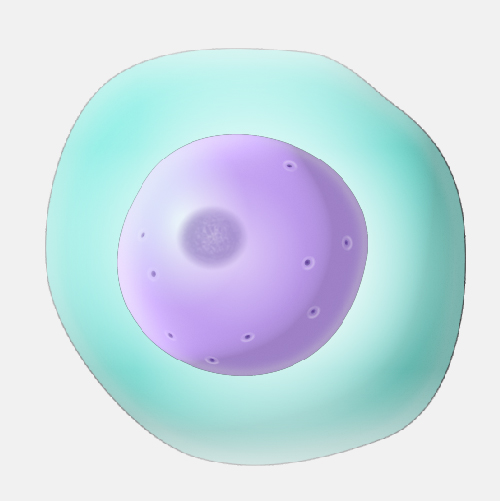Cell
Definition
A cell is the basic building block of living things. All cells can be sorted into one of two groups: eukaryotes and prokaryotes. A eukaryote has a nucleus and membrane-bound organelles, while a prokaryote does not. Plants and animals are made of numerous eukaryotic cells, while many microbes, such as bacteria, consist of single cells. An adult human body is estimated to contain between 10 and 100 trillion cells.

Narration
One of the cool things about cells& People always think of them as sort of the building blocks of the body, but I really like to think of them almost individually as their own little kind of nanoparticles, or little nanobots, that have their own individual activities, and together they form things like tissues, organs& And then you have to consider that then there are those cells which act completely independently just on their own, such as bacteria. So you have independently acting cells, but then you also have cells that can act together, such as slime molds, where you have individual cells that come together and form whole entities and have very programmed activities. So the cell is pretty amazing when you think about it, because it can be anything and almost everything to anybody or to any organism. And so again, when I think about cells, I think about these little amazing entities that together form entire bodies. But we also can't dismiss the importance of them individually.




